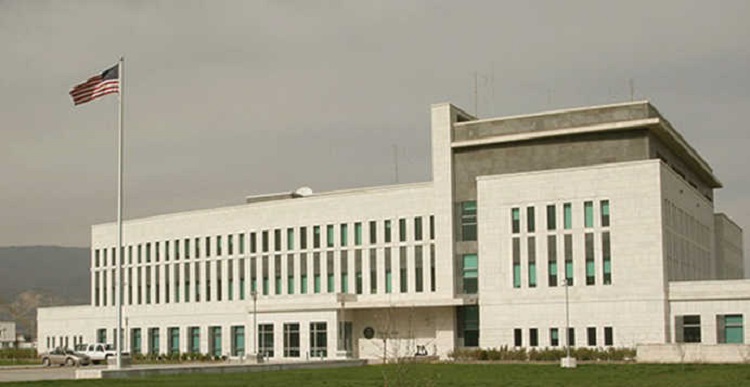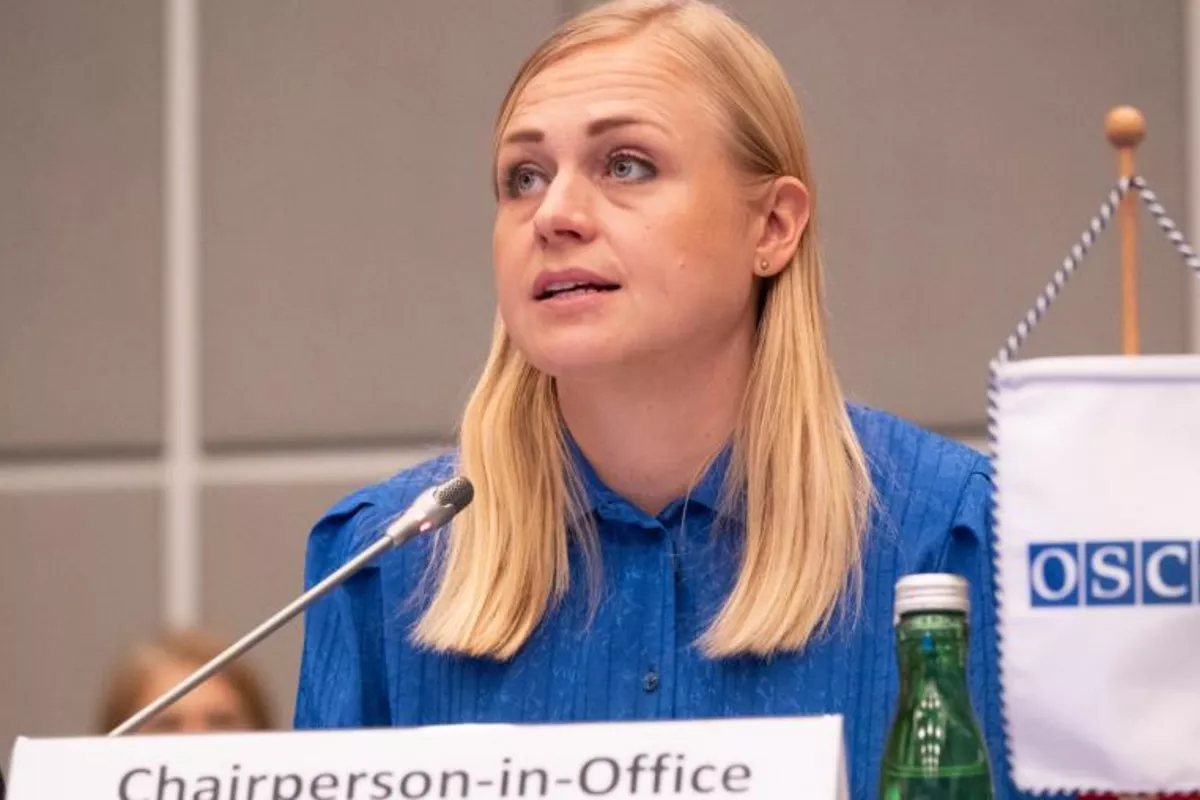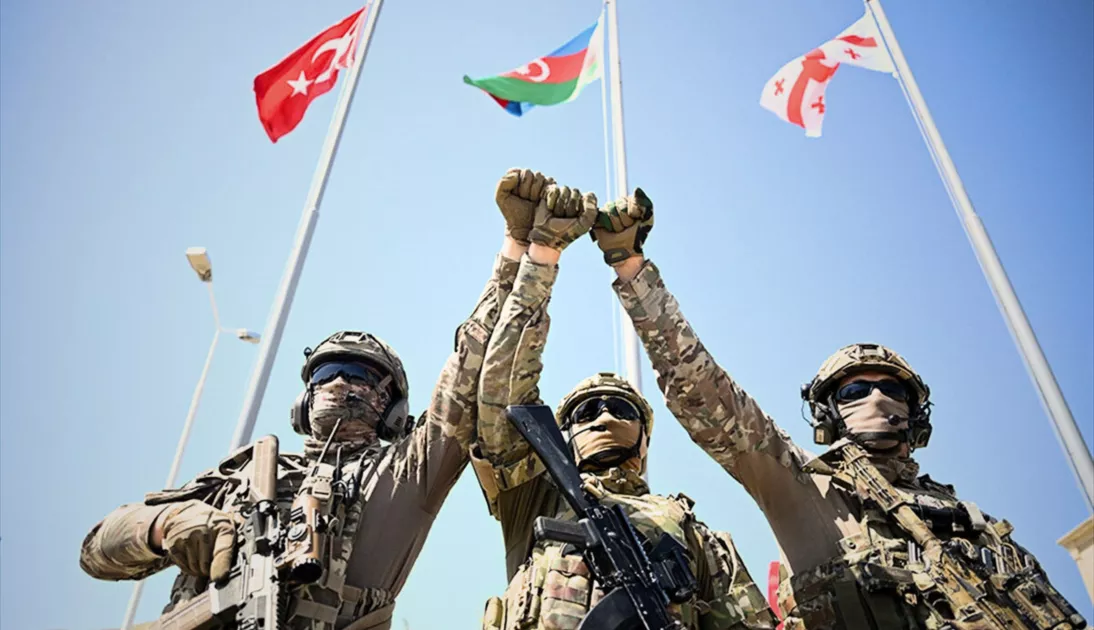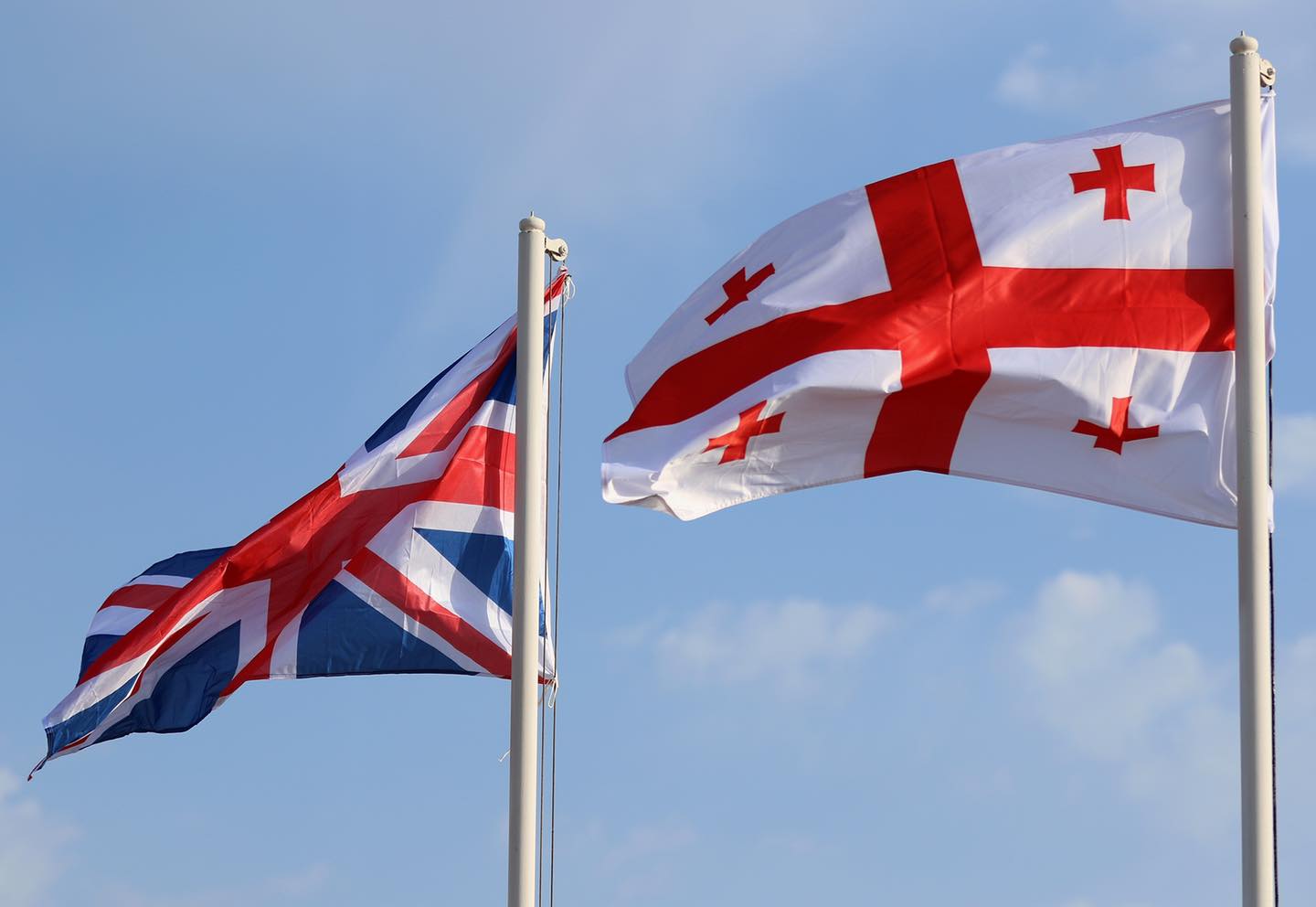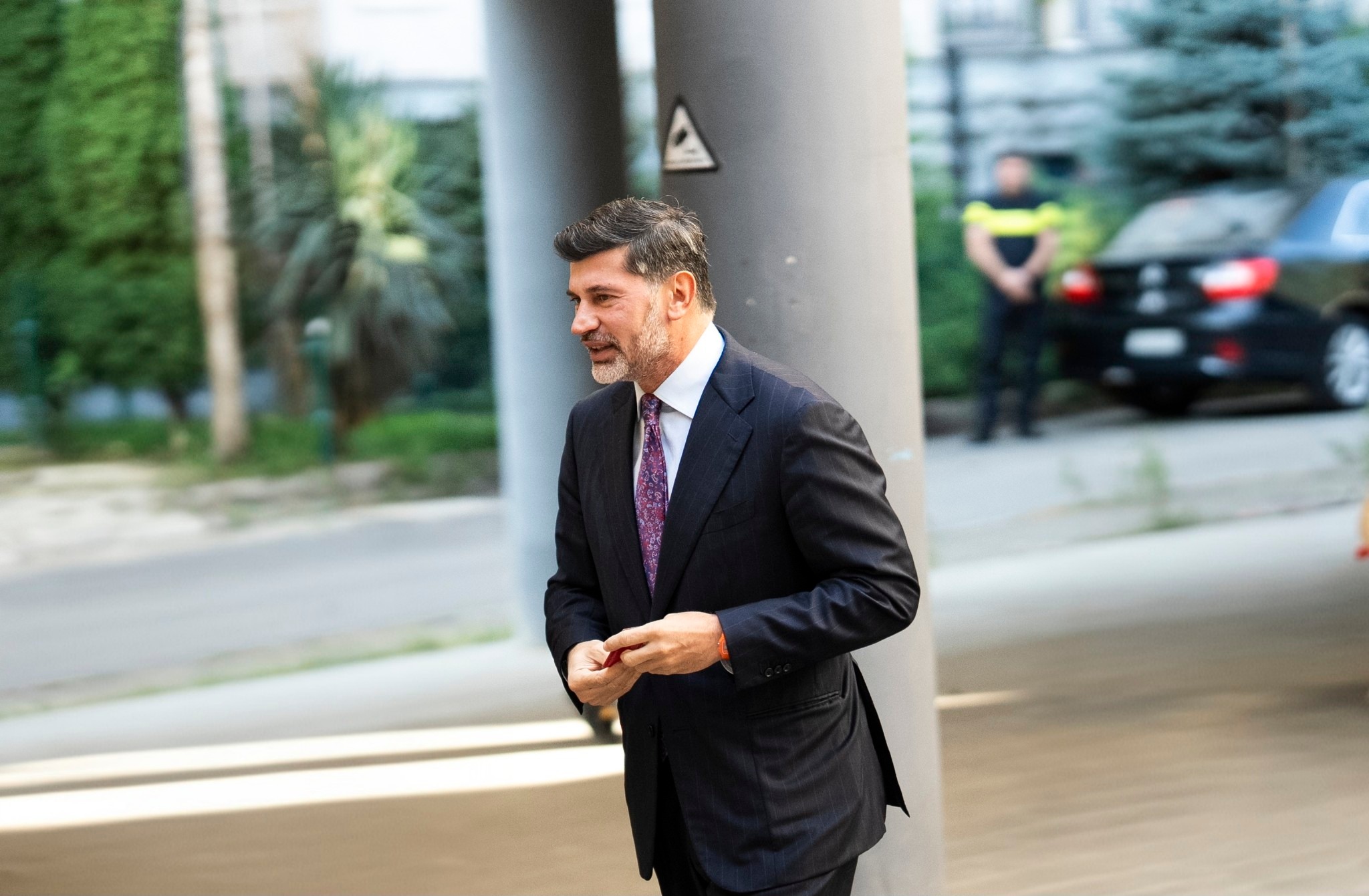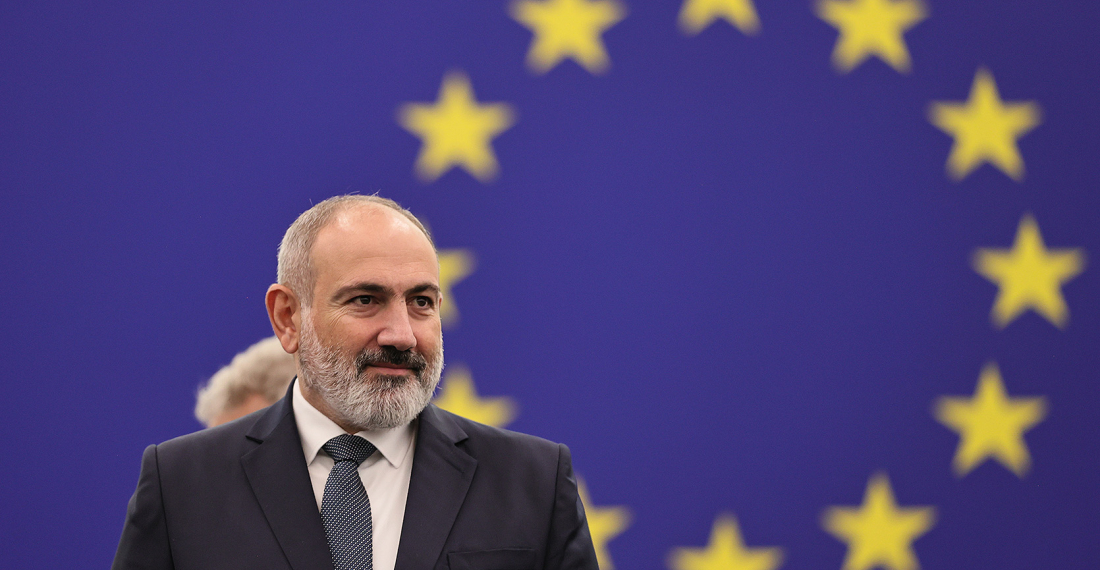In a comment with Europe Time, The U.S. Embassy spokesperson talks about economic ties between the U.S. and Georgia. The topic of the comment was also Russia and the threats posed by it, which remain the main challenge for our country. According to an Embassy spokesperson economic ties between the U.S. and Georgia continue to deepen and improve and the trade relationship between the two countries last year approached $1 billion.
As for Russia and the threats posed by them, the U.S. Embassy spokesperson mentioned that the countries must stay vigilant to identify, classify, and respond to disinformation so that it does not adversely affect or influence their citizens.
ET: What are the prospects for the implementation of the US-Georgia Free Trade Agreement, what does its realization depend on?
The U.S. Embassy spokesperson: Economic ties between the U.S. and Georgia continue to deepen and improve. Our trade relationship last year approached $1 billion. United States Trade Representative (USTR) has the lead on starting Free Trade Agreement (FTA) negotiations with Georgia or any other country.
ET: Russia and the threats posed by it remain the main challenge for our country as well as a disinformation campaign that is becoming increasingly difficult to deal with. The United States has done a lot to promote civil society and media development in Georgia. What can you say about how the country can deal with these threats even more effectively together with our allies?
The U.S. Embassy spokesperson: Disinformation is pervasive, not just in Georgia, but throughout the world, including in the United States. Countries must stay vigilant to identify, classify, and respond to disinformation so that it does not adversely affect or influence its citizens. That is why an independent, pluralistic media is so important. Government should make every effort to safeguard journalists, both physically and in the media space, so they can accurately and objectively inform the public and hold institutions accountable.


